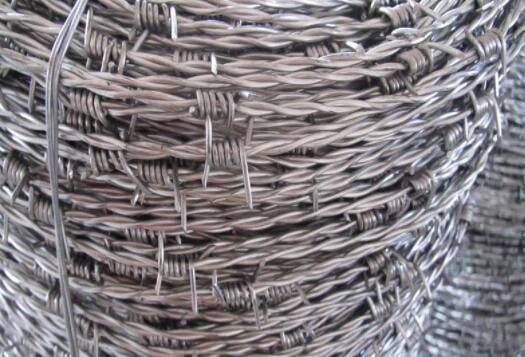Understanding Welded Wire Gauge A Comprehensive Overview
Welded wire gauge is a crucial element in various construction and fabrication processes, serving as a fundamental material for a range of applications from fencing to reinforcement in concrete structures. Understanding welded wire gauge involves exploring its specifications, uses, advantages, and the selection process appropriate for different projects.
What is Welded Wire Gauge?
Welded wire gauge refers to the standardized size and dimensions of wire mesh products manufactured through the welding process. This refers to both the diameter of the individual wires and the spacing between them in a grid pattern. Typically made from steel, these wires are welded at the intersections to create a robust and flexible mesh. The gauge of the wire is a critical factor, as it determines the strength and suitability of the material for specific applications. Common wire gauges range from 8 to 18, with lower numbers signifying thicker wire.
Applications of Welded Wire Gauge
Welded wire gauge finds extensive usage across various sectors. Some of its primary applications include
1. Fencing Welded wire is widely used in the construction of fences. The sturdy design deters intruders and livestock, making it ideal for agricultural fencing, security fences, and garden enclosures.
2. Concrete Reinforcement In the construction industry, welded wire mesh acts as a reinforcement material for concrete slabs, walls, and other structural components. It enhances the tensile strength of the concrete, helping to prevent cracking and ensure long-lasting durability.
3. Environmental Protection Structures Welded wire is often used in the construction of erosion control structures, such as retaining walls and embankments. Its strength and durability ensure that it can withstand environmental stresses while providing necessary support.
4. Industrial Applications In industrial settings, welded wire mesh is utilized for various applications, including the manufacture of cages, trays, and racks, as well as safety barriers in machinery.
Benefits of Using Welded Wire Gauge
The use of welded wire gauge presents numerous advantages
welded wire gauge

- Strength and Durability The welding process produces a mesh that is stronger than traditional woven wire, capable of withstanding considerable stress and environmental factors.
- Versatility Welded wire mesh is available in various sizes and configurations, offering flexibility for numerous applications. This adaptability allows engineers and architects to tailor solutions to specific project needs.
- Cost-Effective Welded wire offers a cost-effective solution without compromising strength or reliability. Its long lifespan translates into lower maintenance costs over time.
- Ease of Installation The uniformity of welded wire mesh simplifies installation processes, saving time and labor, making it an efficient choice for large-scale projects.
Selecting the Right Welded Wire Gauge
Choosing the appropriate welded wire gauge involves considering several factors
1. Application Requirement Assess the specific needs of your project. For heavy-duty applications, a thicker gauge (lower number) may be necessary, while lighter applications can utilize thinner wire.
2. Environmental Conditions Consider environmental factors such as moisture, temperature, and chemical exposure. Coated wire options are available for increased resistance to corrosion.
3. Load-Bearing Needs Understand the weight and pressure that the wire mesh will need to support. This is particularly vital in construction applications to prevent structural failures.
4. Local Building Codes Always adhere to local regulations and standards, as they may dictate specific requirements regarding wire gauge and mesh specifications.
Conclusion
In summary, welded wire gauge represents an essential component in modern construction and manufacturing. Its comprehensive range of applications, combined with its strength, durability, and cost-effectiveness, makes it a favorable choice for a myriad of projects. By understanding the specifics of welded wire gauge and its appropriate selection, builders, engineers, and fabricators can enhance the safety, efficiency, and longevity of their constructions. Whether you’re erecting a fence, reinforcing a concrete structure, or creating industrial products, knowing the ins and outs of welded wire gauge ensures you make informed decisions that meet both functional and regulatory requirements.

















